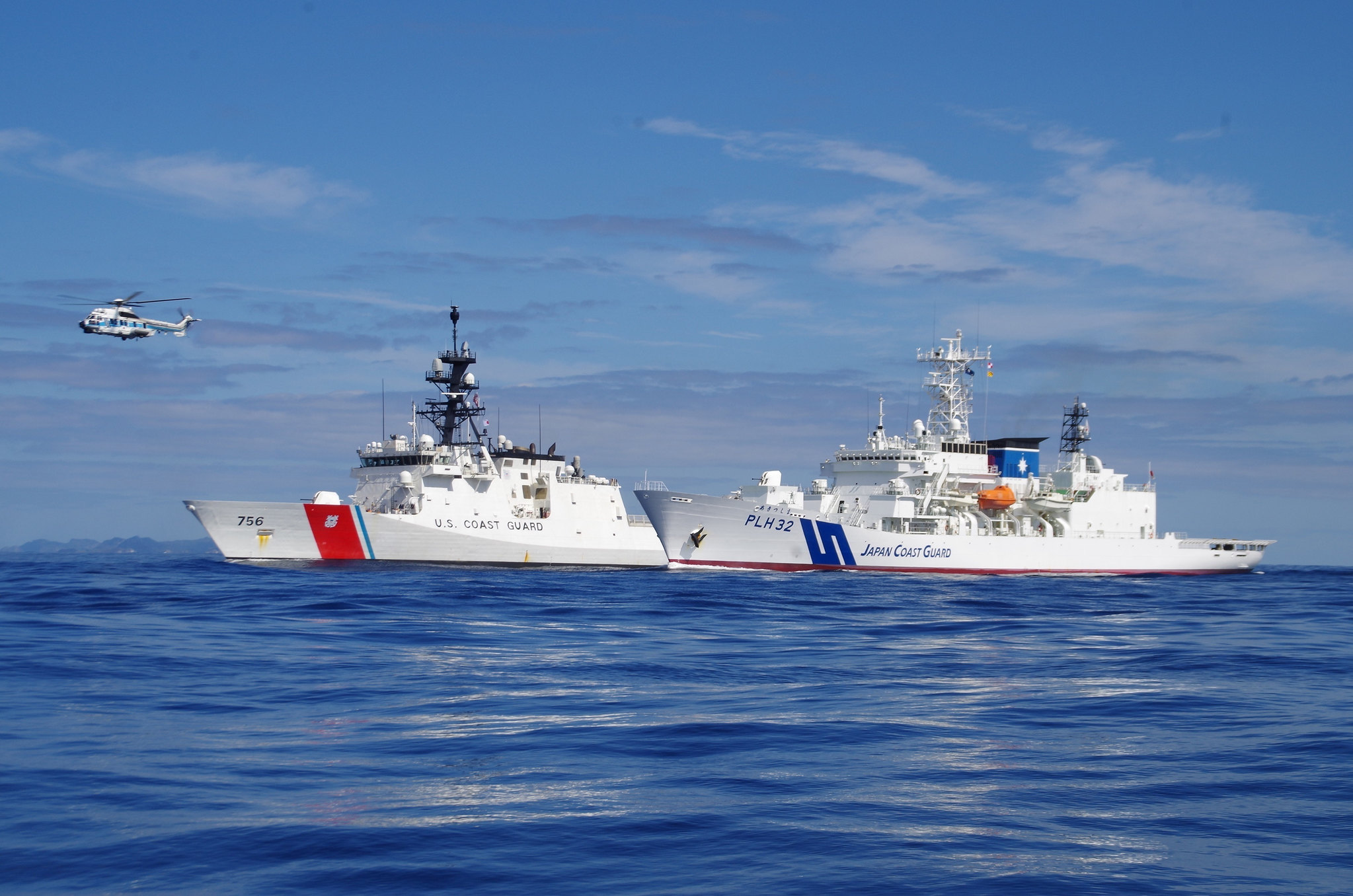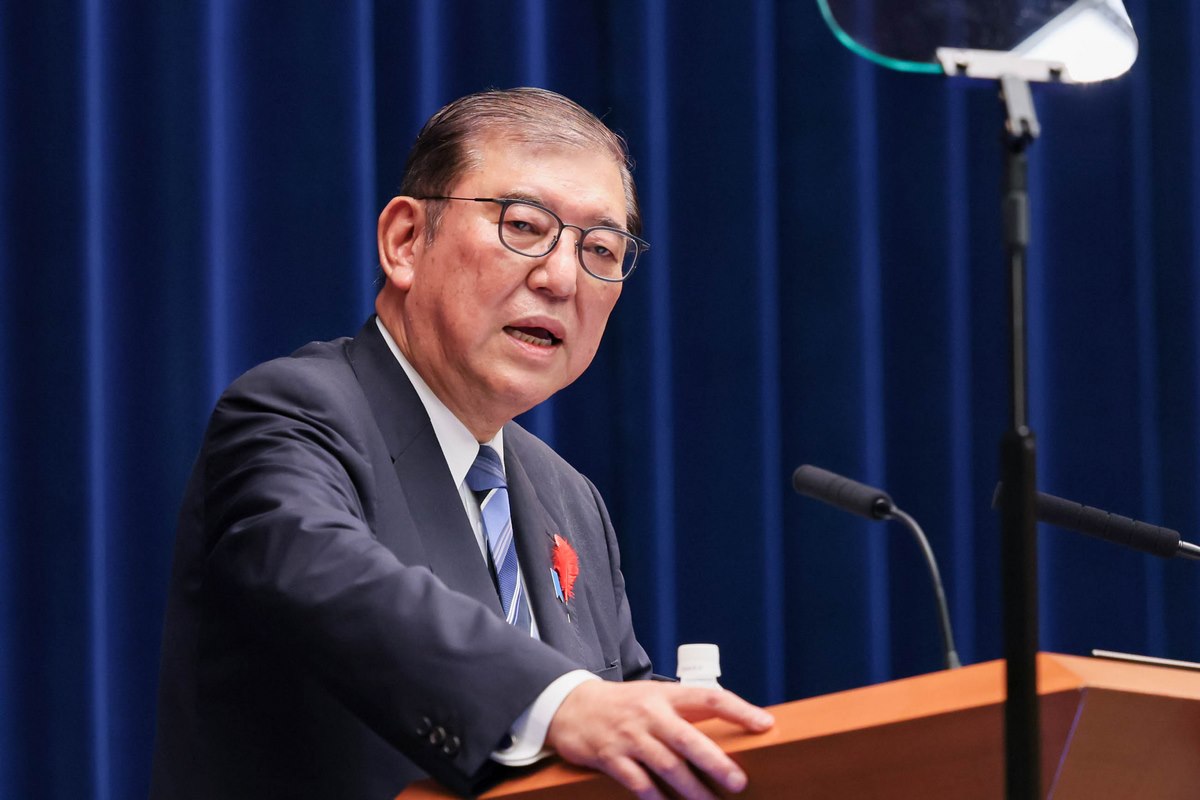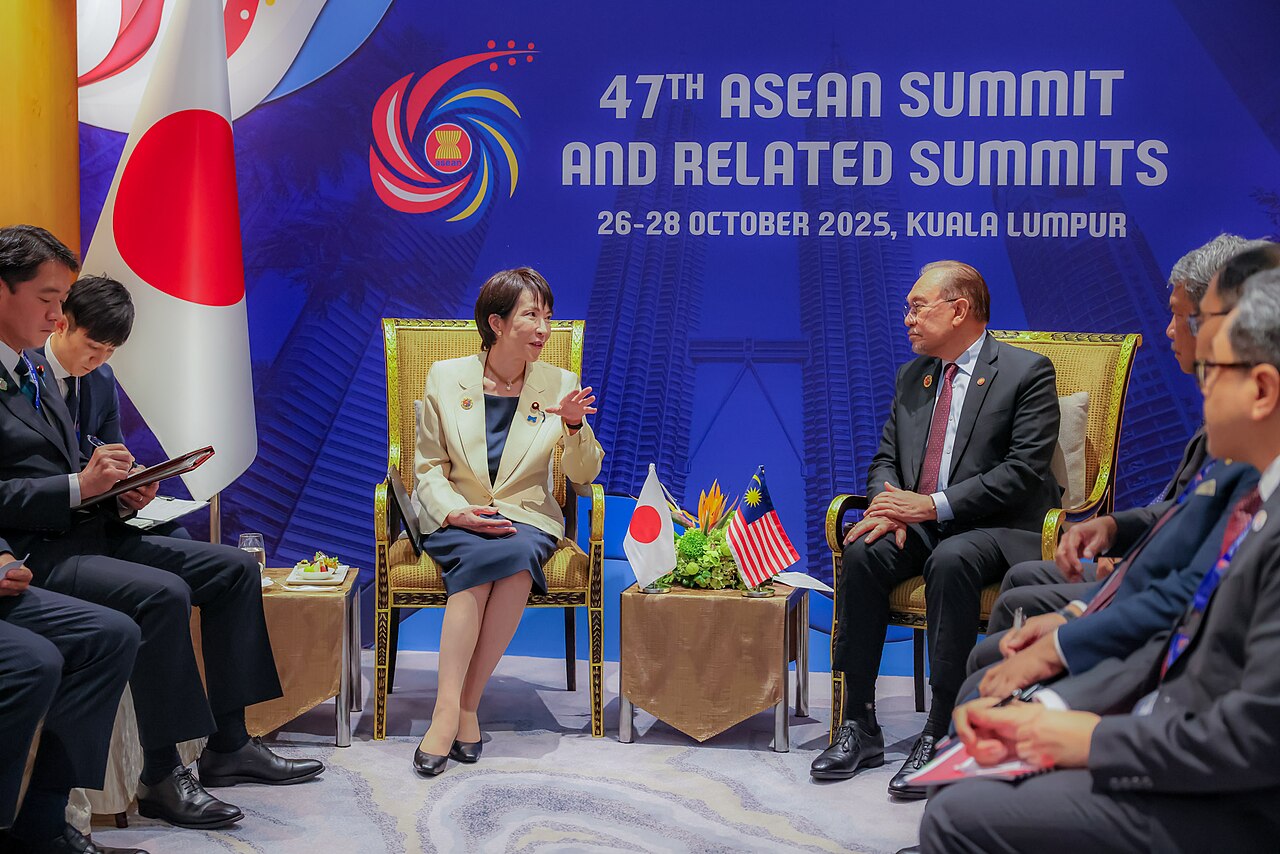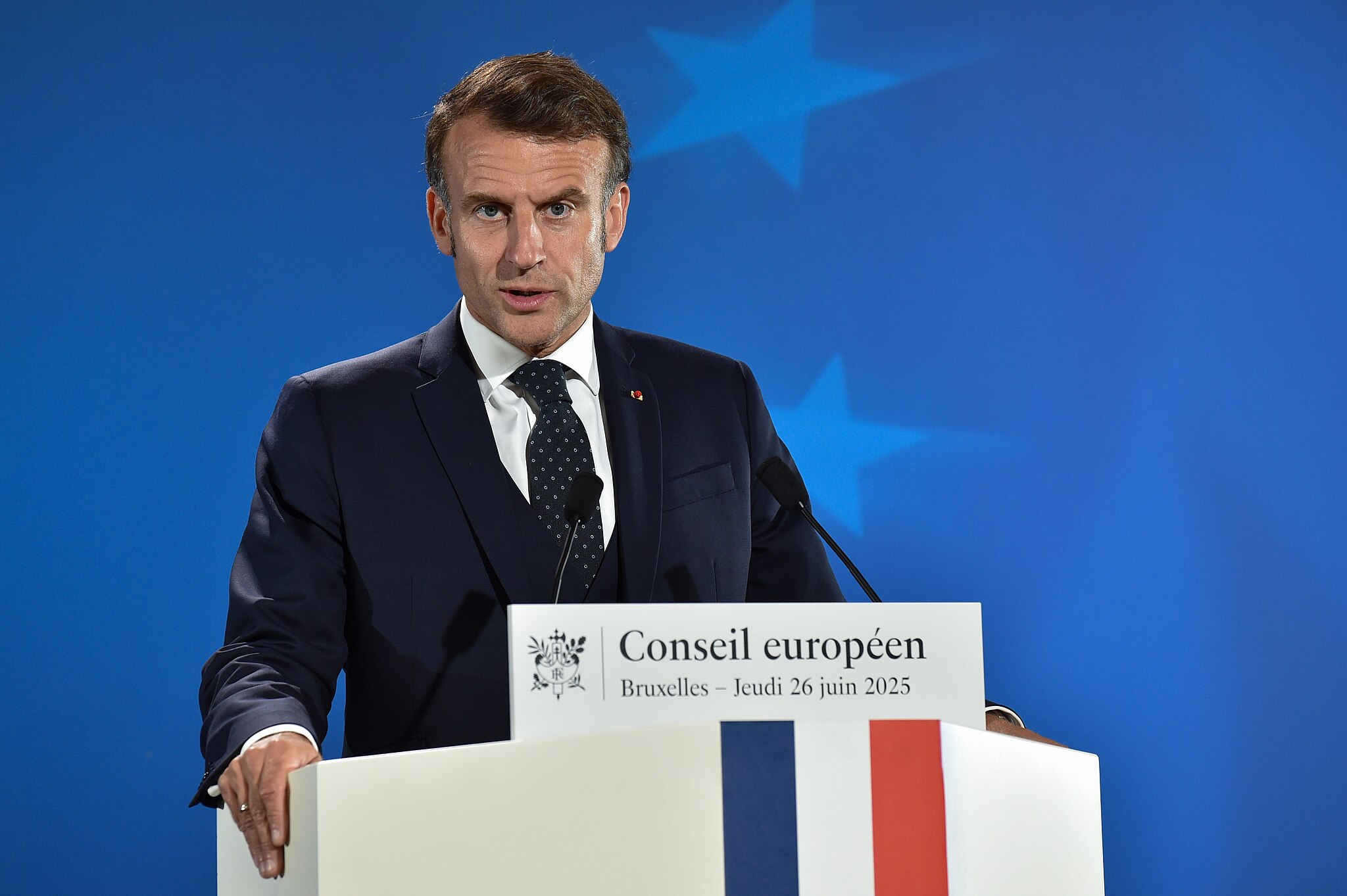As WaL has written multiple times, 2024 has seen more elections and more citizens around the world cast a vote than at any other time in history. This democracy marathon has included two surprise elections: Iran, upon the death of their president in a helicopter accident, and Japan, which recently held inter-party elections for prime minister after a large political scandal engulfed Fumio Kishida’s administration.
Taking power in Tokyo is self-styled defense policy expert Shigeru Ishiba, who won the election of the ruling Liberal Democratic Party (LDP) and who brings a radical perspective on the East Asian security environment that could change the Japanese footprint therein substantially.
67-year-old Ishiba received 291 of 461 votes in the House of Representatives and 143 of 242 votes in the House of Councillors. During the same session, he unveiled a new cabinet that underlined his defense-first policy.
He replaced the country’s top diplomat with a former defense minister in Takeshi Iwaya, while Gen Nakatani took charge as Defense Minister a second time, having served there under Shinzo Abe. Ishiba has appointed Akihisa Nagashima as Senior Advisor on National Security. An Adjunct Senior Fellow in Asia Studies at the Council on Foreign Relations in Washington at the dawn of the Global War on Terror, Nagashima contributed his opinions and personality to the ultranationalist, right-wing, revisionist lobbying group Nippon Kaigi (which also has included former Prime Ministers Abe and Kishida).
Nippon Kaigi officially believes that “Japan should be applauded for liberating much of East Asia from Western colonial powers; that the 1946–1948 Tokyo War Crimes tribunals were illegitimate; and that killings by Imperial Japanese troops during the 1937 Nanjing Massacre were exaggerated or fabricated”.
Its official lobbying position is that Article 9 of the Japanese Constitution should be amended. Article 9 forbids Japan from having a standing army, navy, air force, or other war material, or from having the right of belligerency of the state.
Ishiba is not silent or coy about his desire to amend or abolish Article 9.
“The ‘Basic Law on National Security’ is one of the pillars of my foreign and national security policy, and will be followed by the LDP’s long-cherished desire to revise the Constitution,” Ishiba wrote in an invitational article for the Hudson Institute in Washington.
He repeated this desire again in a book published September 7th in the lead-up to the election. Sankei Shimbun reports that his writings “emphasized that Article 9, Paragraph 2, which states that the SDF will not retain military power, should be deleted, and the current Self-Defense Forces should be changed to ‘National Defense Forces’ and specified in the Constitution”.

OrieNATO
Another pillar in Ishiba’s defense strategy is the restructuring of international security relations.
It is no word of exaggeration to suggest that Ishiba may be as disruptive to the East Asian security environment as the Ayatollahs have been in the Middle East since taking power in Iran. Along with ending Japan’s post-World War II policy of pacifism, his policy proposals are to collectivize multiple nations in defense against the opponents of North Korea, China, and Russia, increase dramatically Japanese armaments, revise defense treaties with the US to make the military cooperation therein bilateral, and have even included the hosting of nuclear weapons directly on Japanese territory.
Much of this was directly stated by Ishiba in his piece at the Hudson Institute. In it, he argues that the invasion of Ukraine by a permanent member of the UN Security Council in Russia has changed the world security environment permanently. The grand transformations he prescribes are justified by, and required for, deterrence—but as has been seen with many of the serial deterrent proponents in the West, Ishiba seems to fail to grasp that deterrence is a spectrum, with true deterrence on one side, and provocation on the other.
Ukraine today is Asia tomorrow, Replacing Russia with China and Ukraine with Taiwan, the absence of a collective self-defense system like NATO in Asia means that wars are likely to break out because there is no obligation for mutual defense. Under these circumstances, the creation of an Asian version of NATO is essential to deter China by its Western allies.
Recently, Russia and North Korea have formed a military alliance, and nuclear technology is being transferred from Russia to North Korea. North Korea is strengthening its nuclear and missile capabilities, and if China’s strategic nuclear weapons are added to these dynamics, the US extended deterrence in the region will no longer function. This is to be supplemented by an Asian version of NATO, which must ensure deterrence against the nuclear alliance of China, Russia, and North Korea. The Asian version of NATO must also specifically consider America’s sharing of nuclear weapons or the introduction of nuclear weapons into the region.
As journalist Reiho Takeuchi wrote in the aftermath of the vote that installed Ishiba, US East Asia officials have already expressed skepticism of the idea of an East Asian NATO, saying it’s “too early”.
“I think Ishiba will not be able to realize most of his desires because the US will reject them, except for the revision of Article 9 of the constitution,” Takeuchi told WaL. “However, following the US plan, as his predecessor Kishida did, Ishiba will increase Japanese armaments”.
WaL reported that under Kishida, the Japanese passed the largest national security and military restructuring seen in recent times, including the commitment to spend 2% of GDP on national defense that included billions spent on American tomahawk cruise missiles and F-35s warplanes.
Another plank in Ishiba’s security transformation would be the restructuring of US-Japan basing and forces agreements that would allow the Japanese military to cohabit and utilize US bases on Okinawa and across the first and second island chains to create a more robust Pacific military presence. Militarily speaking, such an expansion would be necessary to ensure the air assets, missile and missile defense systems of Japan could not be targeted all at once in the event of a conflict with any of their adversaries, as would be the case if they remained clustered on the home islands alone.
Ishiba wants to make the US-Japan relationship at the same level as that of the UK and Australia, in their trilateral AUKUS pact, but this too, Takeuchi doesn’t foresee coming to pass.
It may be impossible for a Japanese national security state to be anything but a provocation, if only because of the history of Japan’s recent relations with their near neighbors, particularly China. The legacy of the Japanese military’s conduct towards the Chinese during World War II should not be underestimated when examining relations between the nations today. WaL
We Humbly Ask For Your Support—Follow the link here to see all the ways, monetary and non-monetary.
PICTURED ABOVE: Prime Minister Shigeru Ishiba making an opening statement at an October 9th press conference. PC: Office of the Prime Minister of Japan.



